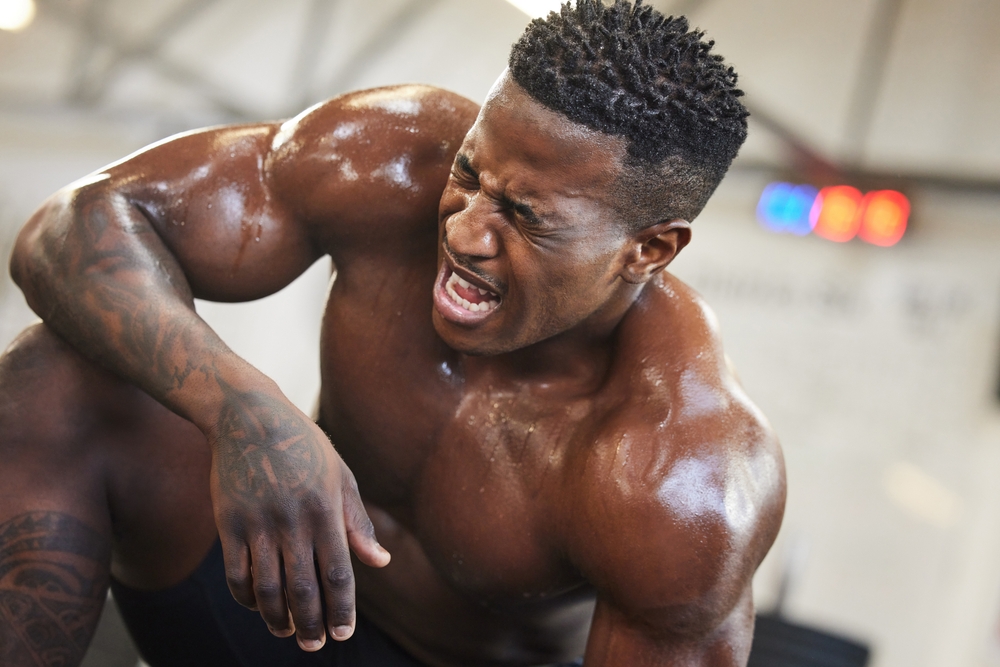Managing diabetes as an athlete involves unique challenges and considerations. The rigorous demands of training and competition can significantly impact blood sugar levels, making effective diabetes management crucial for both health and performance. This comprehensive guide will explore how athletes with diabetes can maintain optimal glucose control, adapt their diet and exercise routines, and use strategies to prevent complications. Whether you’re a weekend warrior or a professional athlete, understanding how to balance your condition with your athletic ambitions is key to achieving your goals.
Understanding Diabetes in the Context of Athletic Performance
Before discussing specific management strategies, it’s important to understand how diabetes interacts with physical activity. Exercise typically helps to lower blood sugar levels, but for athletes with diabetes, complicating factors can include varying insulin sensitivity and the risks of both hyperglycemia (high blood sugar) and hypoglycemia (low blood sugar) during and after physical activity.
Dietary Management for Athletes with Diabetes
Nutritional Needs
The foundation of managing diabetes as an athlete is a well-planned diet that considers both your athletic requirements and your diabetes management needs. Carbohydrates are essential, as they are the primary fuel source during exercise.
Timing of Meals and Snacks
Timing your meals and snacks to align with your training schedule can help maintain stable blood sugar levels. This includes understanding your nutritional needs before, during, and after exercise to prevent fluctuations in blood glucose.
Exercise Strategies for Managing Diabetes
Tailoring Exercise Routines
Different types of exercise affect blood sugar differently. Aerobic activities like running or swimming tend to decrease blood sugar, whereas anaerobic exercises like weightlifting can temporarily raise it.
Monitoring Blood Sugar Levels
Frequent monitoring of your blood sugar levels is essential, especially before, during, and after exercise. This will help you adjust your insulin doses or carbohydrate intake as needed.
Adjusting Insulin Dosage
Athletes with diabetes may need to adjust their insulin dosage based on their activity level. It is crucial to work with a healthcare provider to develop an exercise-adjusted insulin regimen.
Technology and Tools for Monitoring and Management
Continuous Glucose Monitors (CGMs)
CGMs can be particularly useful for athletes, providing real-time feedback on glucose levels and trends throughout the day and during exercise.
Insulin Pumps
For some athletes, using an insulin pump provides a more flexible and dynamic way to manage insulin administration, allowing for adjustments based on immediate needs.
Managing Risks Associated with Diabetes and Athleticism
Dealing with Hypoglycemia
Athletes should always be prepared to treat low blood sugar during or after exercise, carrying quick-absorbing carbohydrates and ensuring teammates and coaches know their condition.
Preventing Long-Term Complications
Regular check-ups with a healthcare provider to monitor for any diabetes-related complications, such as cardiovascular disease or nerve damage, are important.
Achieving Peak Performance as an Athlete with Diabetes
Managing diabetes as an athlete demands meticulous attention to your body’s unique responses to various exercises, diet, and insulin therapy. Understanding these dynamics is crucial for balancing diabetes management with pursuing athletic excellence. Every athlete’s physiology is distinct; what proves effective for one may not suit another.
This individual variability underscores the importance of embracing a mindset geared toward continuous learning and adaptation. Regular interactions with healthcare professionals play a pivotal role in refining your management strategies, ensuring that you can respond adeptly to the changing demands of your sport and health.
Implementing the management strategies discussed throughout this guide will arm you with the tools necessary to control your diabetes effectively while striving for and achieving peak athletic performance. As you tailor these strategies to fit your needs, remember that your journey is unique, and your proactive efforts can produce substantial rewards in your health and athletic achievements. With determination and the right approach, you can excel in your sport and manage your diabetes successfully, maintaining high performance levels and overall well-being.













